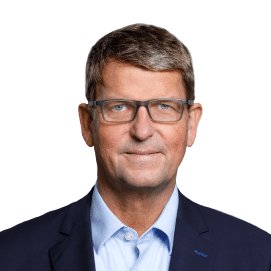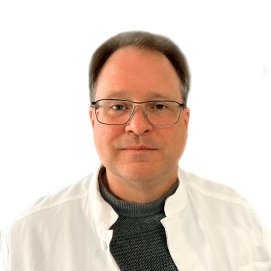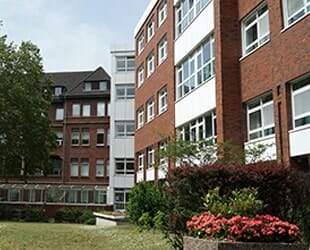Radioiodine therapy is a treatment used primarily to treat benign thyroid diseases such as hyperthyroidism (overactive thyroid) and thyroid cancer.
The basis of the method is the injection of radioactive iodine (usually iodine-131) into the patient, which accumulates in the tissues of the thyroid gland. The radioactive radiation emitted by iodine-131 destroys thyroid cells, allowing thyroid function to be controlled or cancer cells to be destroyed. This method is often used after surgical removal of the thyroid gland or in cases where surgical treatment is not possible. Radioiodine therapy is an effective and safe procedure when properly prescribed and monitored.
How is radioiodine therapy performed?
Preparation: Before starting radioiodine therapy, the patient may be advised to temporarily stop taking thyroid hormone medications and undergo a restricted iodine-free diet. This helps increase the accumulation of radioactive iodine in the thyroid tissue.
Administration of radioactive iodine: The patient is given radioactive iodine in the form of drops or capsules or as an intravenous injection. The dose size and route of administration depend on the characteristics of the disease and the individual physiological characteristics of the patient.
Hospital stay: After administration of radioactive iodine, the patient remains in a comfortable room with certain precautions taken to minimize contact with other people and reduce the risk of radioactivity transmission.
Monitoring and follow-up treatment: After the procedure, it is important to regularly monitor the level of radioactivity in the patient's body. Sometimes re-treatment or dose adjustment of radioactive iodine is required depending on the response to the initial treatment.
It is important to note that radioiodine therapy is performed under strict medical supervision, and patients are provided with detailed instructions regarding precautions and behavior recommendations after the procedure.
Video
Request appointment
Useful links
Photo gallery







